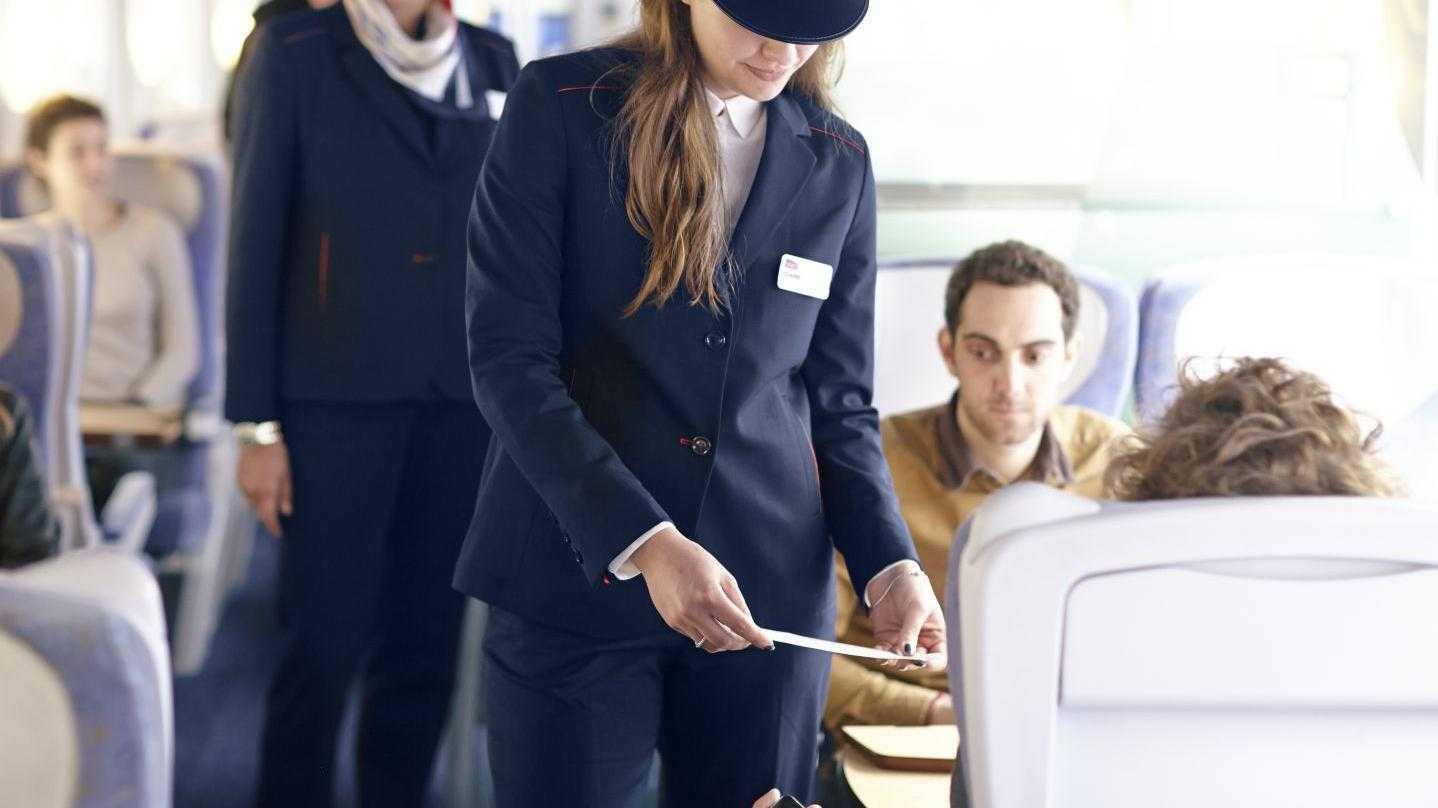Traveling in good standing
The Ile-de-France public transport network is one of the most developed in Europe. But it also has one of the highest fraud rates. However, the prices charged in Île-de-France are lower than in the other capitals: the price is 1.90 euros in Paris against 2.70 euros in Berlin and 3 euros in London for a single ticket. The complete de-zoning of the Navigo pass, the various social tariffs, and the employer's contribution of up to 50% for the employee's transportation also contribute to reducing the price paid by the client, who bears on average only 30% of the cost of transport. What is the risk of fraudsters? How to pay your ticket?

The fines incurred
To travel in good standing, your ticket must be valid and validated.
In the event of fraud, here is a list of the fines to which you are subject in application of decree 2016-541:
- Uncomposted ticket (single ticket): € 50
- Invalid ticket: € 35
- Without transport ticket: € 50
- Falsified or usurped transport ticket: € 70
Administration fees of € 50 are added in the event of a report (deferred payment).
The increased fixed fine (AFM) * is € 180 (recovery by the Treasury).
* At the end of 3 months, the minutes not collected by SNCF are transmitted to the Public Treasury.
In addition, travelers who have not validated their Navigo Pass are liable to a fine of € 5 for immediate payment, plus € 50 for administration fees in the event of a report.
Did You Know?
Did You Know?
The Le Roux - Savary Law
Law n ° 2016-339 of March 22, 2016, known as the Le Roux Savary law "relating to the prevention and the fight against incivility, against attacks on public security and against terrorist acts in the collective transport of passengers", strengthens the prerogatives of carriers. In this context, it provides new tools to strengthen security, fight against fraud and clarify the intervention framework for agents.
What you must remember :
- During the verbalization, any offender is obliged to remain at the disposal of the security or control agents. Otherwise, they face two months' imprisonment and a fine of 7,500 euros.
- The intentional declaration of false address or false identity is punishable by two months' imprisonment and a fine of 3,750 euros.
- The law toughens in case of recurring offenses: from 5 identified and unacknowledged offenses over a 12-month period, the fraudster is liable to six months' imprisonment and a 7,500 euro fine.
- The law also prohibits "mutual fraudsters" who would pay, for contributions, the fines of offenders: six months imprisonment and a fine of 45,000 euros are provided for non-compliance with this provision.
- Reports of the presence of control officers on transport networks are punishable by two months' imprisonment and a fine of 3,750 euros.
The amazing figure
The amazing figure
A citizenship issue
The fight against fraud is a major civic issue and it becomes essential to find effective solutions collectively in order to change behavior over the long term.
According to a survey carried out by the CSA for the RATP in February 2015, two thirds of the travelers in good standing are irritated by the behavior of fraud and the embarrassment that it can cause: 93% of the travelers do not stand that the fraudsters stick to them to go through the control gantry and a third of the travelers were indignant to see people jumping over these same gantries.
Travelers also agree that fraud has multiple negative consequences. They overwhelmingly believe (83%) that the shortfall is significant and perceive the repercussions: increased prices for regular customers (78%), increased charges for local authorities (75%), reduced budgets for modernization or extension of the network (73%), difficulties in adjusting the level of supply if necessary (71%). To a lesser extent, fraud is sometimes linked to a feeling of insecurity (60%).
A majority of travelers realize the importance of fighting fraud and support the actions of SNCF and RATP. They consider legitimate transport companies to carry out actions to combat fraud and expect them to be more firm: 85% are in favor of more checks and 88% want fines to be paid.




